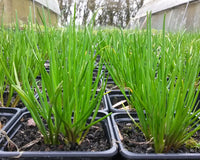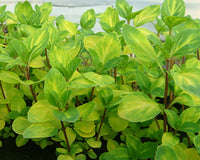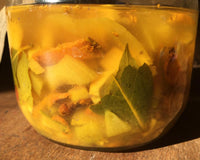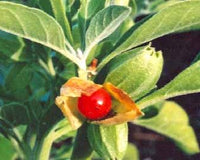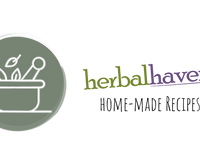Thyme- Thymus vulgaris
A powerful expectorant and antiseptic herb that is often used in infections of the respiratory and digestive tracts, this little beauty gets it’s name from the Greek work thumus meaning bravery. In the days of jousting, Sir Lancelot and all that stuff, when knights weren’t forming unwise attachments to their leige’s other half, young maidens would embroider a bee over a sprig of thyme, as a symbol of energy and bravery, on the scarves they presented to their champion. Quite appropriate in another way as bees are just mad for thyme and when I were a young foal they used to say that the best honey in all of Greece came from Mount Hymettus (near Athens, Ed.) because of all the thyme it was covered with.
So we always thought of thyme as being sweet and even used it as a term of praise; “Oh she smells of thyme” we used to say if some girl was looking particularly elegant or fashionable. Anyway, this herb has been much in use for centuries due to its many virtues; it can be used to expel worms in children, used externally it will relieve bites and stings and also relieve sciatica and rheumatic aches and pains. Modern research has even concluded that thyme (with it’s volatile oil) can act as a tonic and help counter the effects of aging; must be why my mane is so glossy – no wonder the young girlies can’t help stroking me!
In the home:
An infusion of thyme taken three cups daily will alleviate a cold – make sure that the essential (volatile oil) doesn’t escape, i.e. if made in a cup put a saucer over the cup until cool enough to drink or make it in a pot. The diluted essential oil can be used to treat skin infections such as scabies. It works even better if the essential oil is added to a strong decoction of tansy. Care should be taken with scabies to clean specifically under the nails where the infection can lodge and then hide following the scratching of itchy skin!


